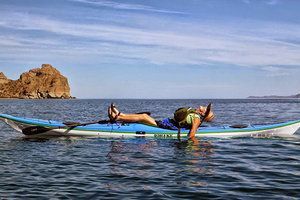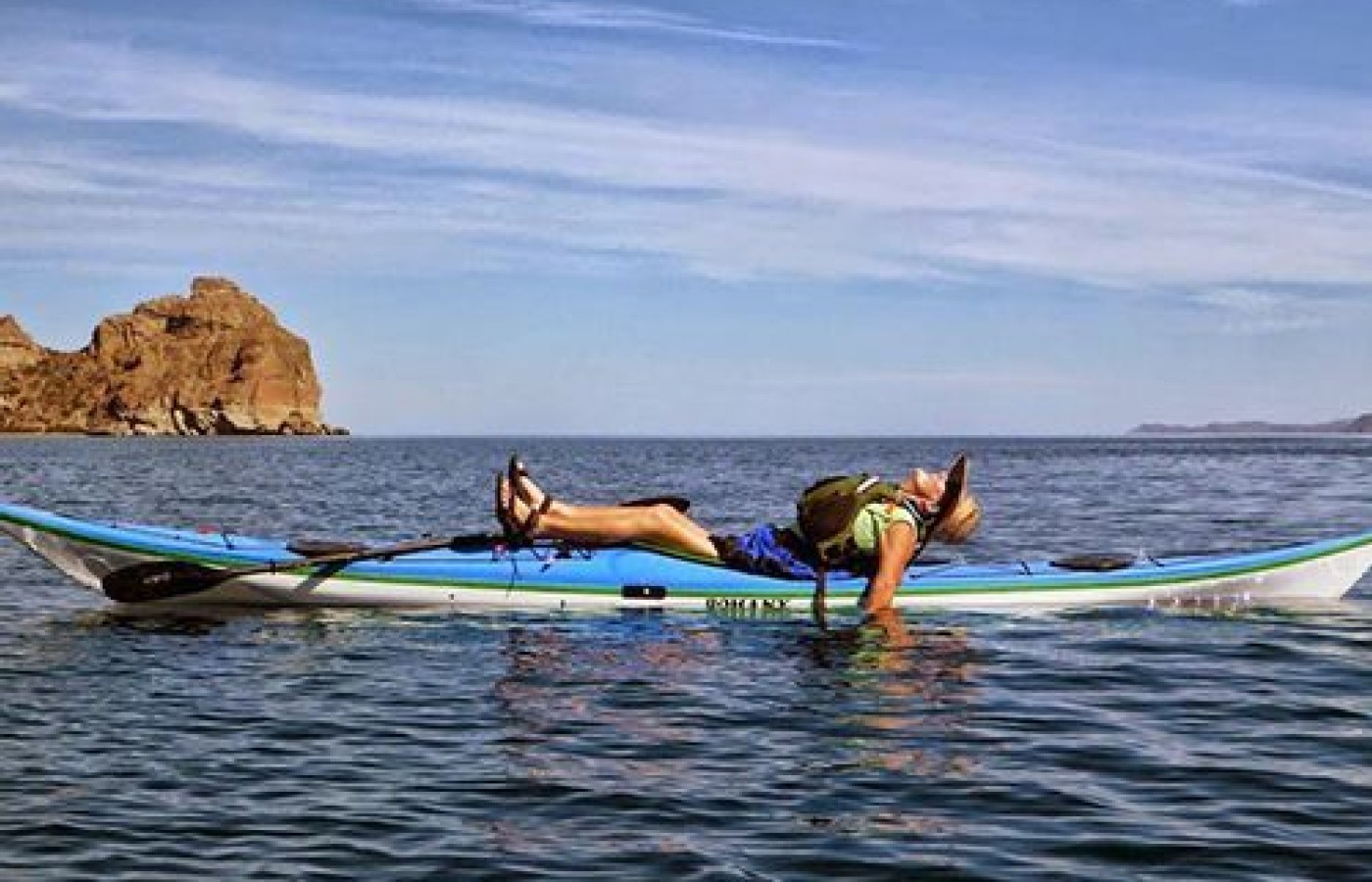The most important relationship I seek to nurture in the treatment room is the one a patient has with their own body. We live in a culture that teaches us to override pain, defer to outside authority, and push through discomfort. Patients often arrive hoping I can “fix” them, but the truth is, we can’t do the work for them. We can offer guidance, insight and support, but healing requires their full participation.
A Resting of the Soul
In my pursuit of being a skilled health care provider, I focus on reading journals, attending classes, staying current on medicinal research, and choosing the correct billing codes. However, most of us would never have started down this career path if there wasn't something more. It is my belief the essence of our practice not only lies in how we connect to our patients, but also how we connect to our own personal Qi.
Our Greatest Asset
Arguably, how we nurture ourselves may well be the greatest asset in how we heal others. I spend four to five days a week with people looking to me for help on serious physical and/or emotional challenges. Additionally, I have children and run a busy household. All of this requires a high level of proficiency and can often be overwhelming. To cope, I often spend my mornings in meditation, practicing Qi Gong and/or exercising. As a caregiver of over 20 years, I can tell you this is not enough to balance the out-going energy spent in my daily life.
Last Spring, I attended the Acupuncturists Without Border's (AWB) healing retreat in Baja, Mexico. The power of nature to replenish the soul and the feeling of heart connection offered by the community of retreat participants rebalanced my deeper Qi. This retreat included Five Element Qi Gong, meditation on the beach, council practice (a storytelling practice that can be used for healing self and all relationships in one's life, including families, groups and professional practices), and group acupuncture treatment.
Lessons in Five Element Healing
The Sea of Cortez offered great lessons in Five Element healing. The strongest element I felt from the nature was the water. When kayaking each day, I felt cradled, secure and at peace. While swimming the sounds of the sea life were electrical and mysterious. The exploding area of research for nature-based healing speaks to what we gain when we visit the roots of our medicine; nature itself.

Another powerful experience was the human fire element. Daily and nightly, laughter opened the heart for the connections that occurred within the council practice. Sitting with liked-minded peers to not only laugh but to share the struggles we hold as health care providers gives us a sense of relief, but perhaps more importantly, actually heals at the cellular level. According to Dr. Elizabeth Blackburn, a premier telomere researcher at University of California, participating in a support group that assists with difficult emotions will increase telomerase to repair DNA.
Good for the Soul
Mounting research supports nature emersion and group connection as profound tools for healing one self. These tools become ever more important as we consider secondary trauma and Compassion Fatigue (CF). Secondary traumatic stress is the emotional duress that results when an individual hears about the firsthand trauma experiences of another. Its symptoms mimic those of Post-Traumatic Stress Disorder (PTSD). Secondary trauma is difficult to escape in our modern culture and especially for healthcare providers. EAMPs and other health care providers are also at risk of CF.
"CF is characterized by exhaustion, anger and irritability, negative coping behaviors including alcohol and drug abuse, reduced ability to feel sympathy and empathy, a diminished sense of enjoyment or satisfaction with work, increased absenteeism, and an impaired ability to make decisions and care for patients and/or clients."1
Pausing to reflect on the impact of CF and/or PTSD on our personal and professional lives is essential to being a positive and clear-minded health care practitioner. As EAMPs, we have the honor of knowing our patients often in ways that no one else can. We often know about their dreams, their feelings, traumas, their blood pressure, medication list, losses in life, and bowel movement patterns. With all this information and frequent face-to-face and hands-on touching of our patients, we are affected.
On returning back from the deep nature of Baja's Sea of Cortez to the town of Loreto, I began to open my email and see some of the news headlines. Immediately I began to cry. Nature and peer support had brought me to feeling in-touch, peaceful, processed and timeless.
The contrast of just opening back up to my current life was stark. I felt grief for the experiences of information overload. I'm deeply appreciative for the gifts of our medicine and for the opportunity to retreat & heal with AWB's guidance. What opened in me on the Sea of Cortez is still an experience alive and well in my mind and heart. Along with my daily practices of self-care, yearly or bi-annually retreats in nature with like-minded companions gives back to me what I feel is essential to be a compassionate and successful provider of health.
"In peaceful calm, void and emptiness, The authentic qi flows easily. Essences and spirits are kept within. How could illness arise?" — Neijing Suwen 1, lines 41-44
Reference
- Mathieu F. Running on Empty: Compassion Fatigue in Health Professionals. Rehab Community Care Med, 2007;4:1–7.



